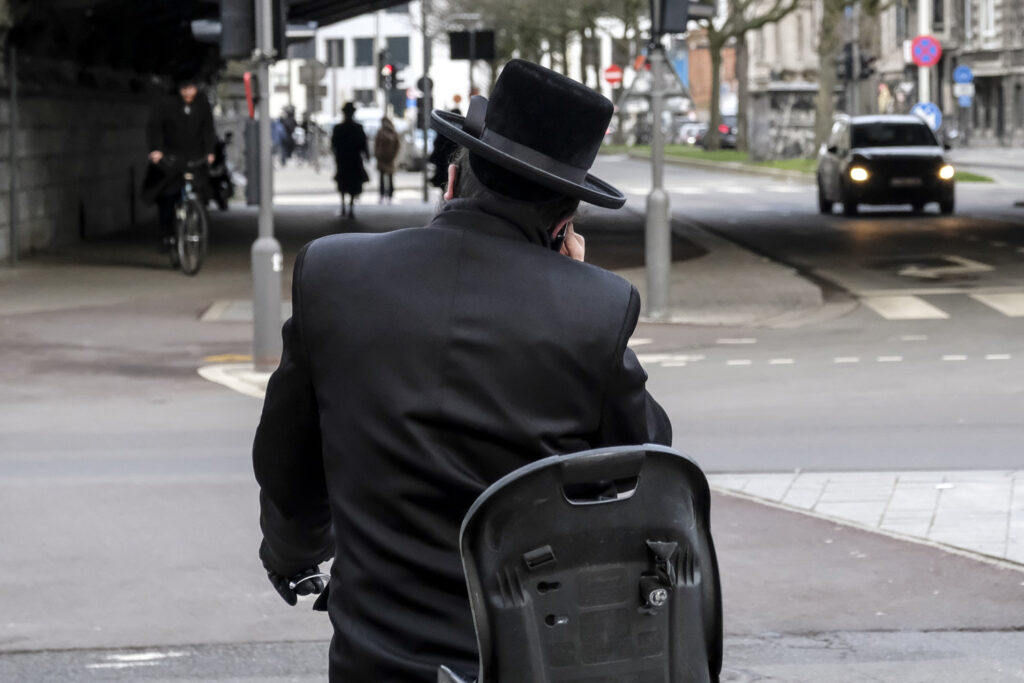The European Commission condemned a "resurgence" of anti-Semitic incidents and statements on Sunday, warning that European Jews are once again living in fear.
Following the outbreak of war between Israel and the extremist Palestinian organisation Hamas on 7 October, there has been a clear rise in anti-Semitic incidents across Europe, including in Belgium. Equal opportunities centre Unia earlier this week reported it received 18 Dutch-speaking reports of antisemitism and 11 French-speaking ones, "many more than usual".
In a statement, the European Commission argued that this spike reached exceptional levels in recent days. "European Jews are once again living in fear," a press release read. "This is reminiscent of some of the darkest periods in history."
It referred to several incidents, from Molotov cocktails thrown at a synagogue in Germany and Stars of David chalked on residential buildings in France to Jewish shops and synagogues being attacked in Spain and demonstrators chanting hate slogans against Jews. "We condemn these despicable acts with the strongest terms," the European Commission added.
The statement also comes one day after a young Jewish woman was stabbed on Saturday at her home. While the investigations have not yet been completed to determine whether or not the attack was anti-Semitic, a swastika was found on her door. In France, 857 anti-Semitic acts have been recorded in the past three weeks, as many as were recorded in the whole of last year, the Home Affairs Ministry warned.
However, the Commission stressed that the number of anti-Muslim incidents has also increased.
Stepping up security measures
"They go against everything Europe stands for, against our fundamental values, our way of life and the model of society we stand for. One based on equality, inclusiveness and full respect for human rights. Jews, Muslims, Christians, no one should have to live with the fear of discrimination or violence because of their religion or identity," the statement read.
The Commission stressed there are "powerful tools" to address such incidents. "EU law criminalises public incitement to hatred and violence and sets out a common approach to tackling racist and xenophobic hate speech and hate crimes."
It concluded that, in cooperation with Member States, it will continue to step up security measures, adding that it has already increased EU funding to protect places of worship and other premises. "It is our shared responsibility as Europeans to call out hate in all its forms and stand up against it."

